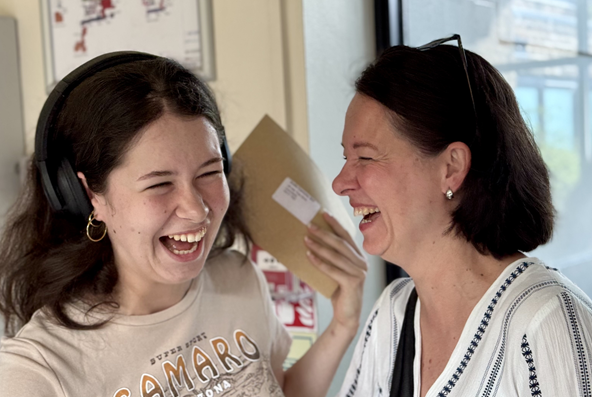You should have a grade 7, 8 or 9 (previously A or A*) at GCSE to be well prepared for success in Mathematics. If you have a grade 6 (previously a good B) or even a grade 7 at GCSE, you will need to accept advice from your teachers and work extremely hard to catch up throughout Year 12.
Mathematics A Level is a highly valued qualification. It is a great first step for a wide variety of careers. It supports success in other subjects, for example, Physics, Chemistry, Biology, Computer Science, Geography and Psychology.
Additional Course Information
You will study aspects of Pure Mathematics, Mechanics and Statistics with an emphasis on problem solving and using mathematics to model real life problems. You will also learn how to use technology (calculators, graphing software and spreadsheets) effectively to help with both pure and applied mathematics.
Pure Mathematics focuses on the key skills to success in the applied modules and other subjects. Topics include calculus (differentiation and integration), algebra, geometry, graphs, series, functions, trigonometry and vectors. Mechanics studies mathematical modelling, vectors, kinematics, dynamics, statics and moments.
Mechanics is particularly useful to students who are also studying Physics or considering a career in engineering.
Statistics includes work on sampling, probability, correlation, regression, normal distribution, discrete random variables, histograms and hypothesis testing.
- There are three 2 hour exams.
- Two are on the pure mathematics and the other is split 50% mechanics and 50% statistics.
Mathematics can be studied as a single subject degree or combined with other subjects. Maths is a fundamental skill using problem solving, logic and data analysis which underpins a number of career fields including Computing, Business, Accounting, Actuary, Law, Engineering, Data Analysis, Teaching and more.













